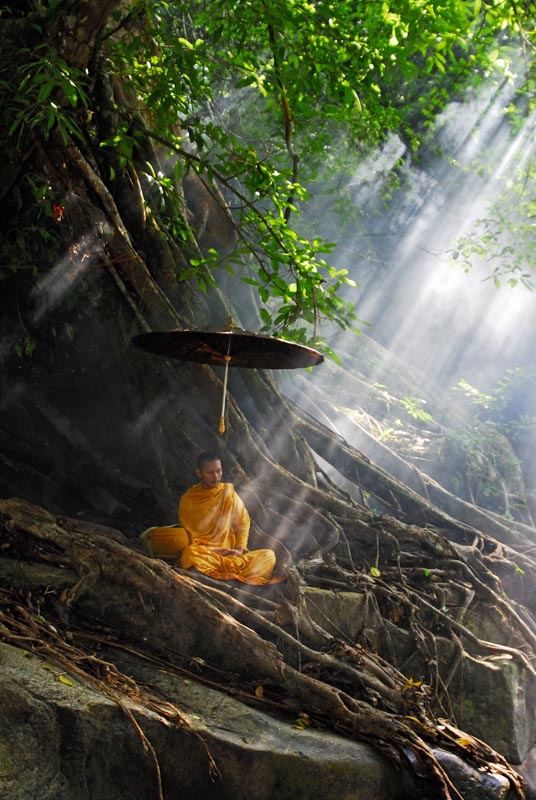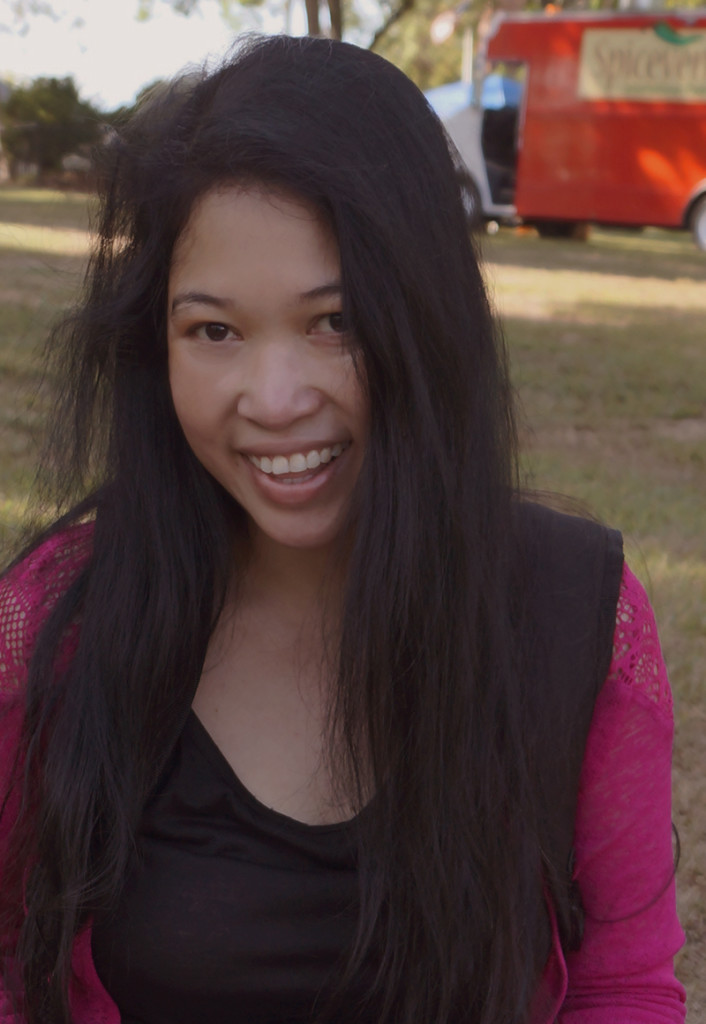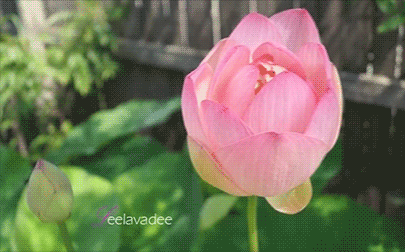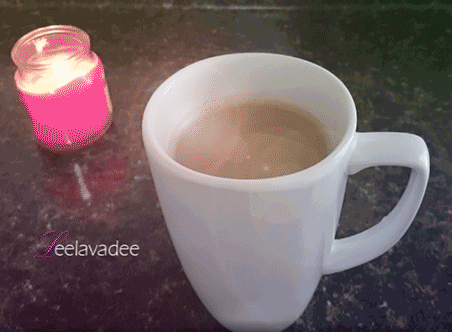
Photo credit: KT/ Mai Vireak
Metta meditation is a practice of cultivating understanding, love, and compassion by looking deeply, first for ourselves and then for others. Once we love and take care of ourselves, we can be much more helpful to others. Metta meditation can be practiced in part or in full. Just saying one line of the metta meditation will already bring more compassion and healing into the world.
To love is, first of all, to accept ourselves as we actually are. That is why in this love meditation, “Know thyself” is the first practice of love. When we practice this, we see the conditions that have caused us to be the way we are. This makes it easy for us to accept ourselves, including our suffering and our happiness at the same time.
Metta means “lovingkindness” in Pali. We begin this with an aspiration: “May I be . . . ” Then we transcend the level of aspiration and look deeply at all the positive and negative characteristics of the object of our meditation, in this case ourselves. The willingness to love is not yet love. We look deeply, with all our being, in order to understand. We don’t just repeat the words, or imitate others, or strive after some ideal. The practice of love meditation is not autosuggestion. We don’t just say, “I love myself. I love all beings.” We look deeply at our body, our feelings, our perceptions, our mental formations, and our consciousness, and in just a few weeks, our aspiration to love will become a deep intention. Love will enter our thoughts, our words, and our actions, and we will notice that we have become “peaceful, happy, and light in body and spirit; safe and free from injury; and free from anger, afflictions, fear, and anxiety.”
When we practice, we observe how much peace, happiness, and lightness we already have. We notice whether we are anxious about accidents or misfortunes, and how much anger, irritation, fear, anxiety, or worry are already in us. As we become aware of the feelings in us, our self-understanding will deepen. We will see how our fears and lack of peace contribute to our unhappiness, and we will see the value of loving ourselves and cultivating a heart of compassion.
In this love meditation, “anger, afflictions, fear, and anxiety” refer to all the unwholesome, negative states of mind that dwell in us and rob us of our peace and happiness. Anger, fear, anxiety, craving, greed, and ignorance are the great afflictions of our time. By practicing mindful living, we are able to deal with them, and our love is translated into effective action.
This is a love meditation adapted from the Visuddhimagga (The Path of Purification) by Buddhaghosa, a 5th-century systematization of the Buddha’s teachings. Continue reading →


















